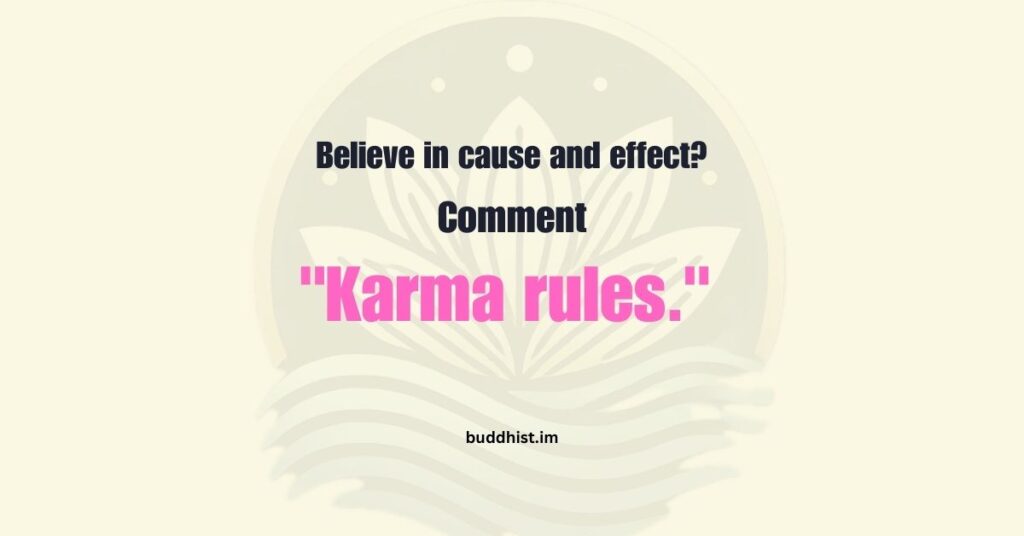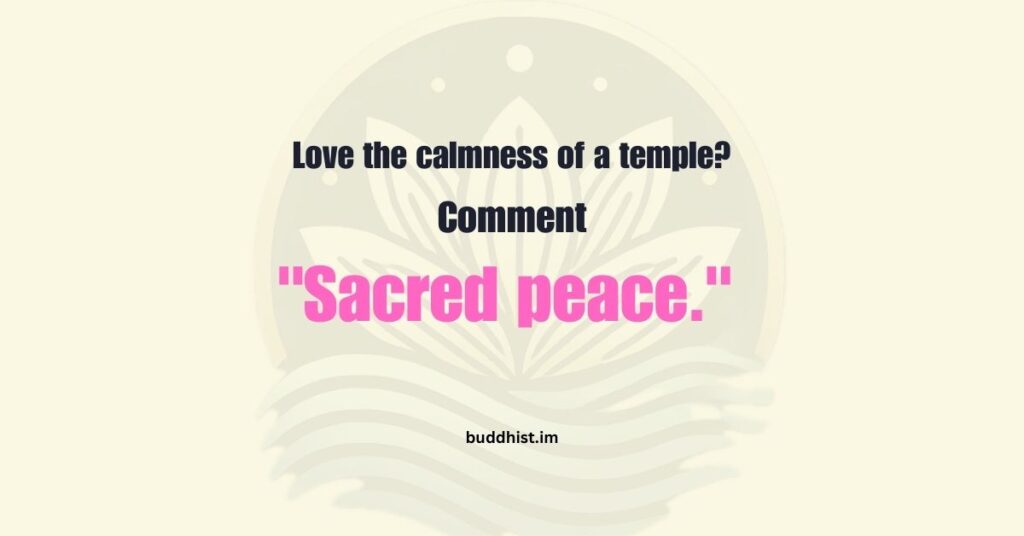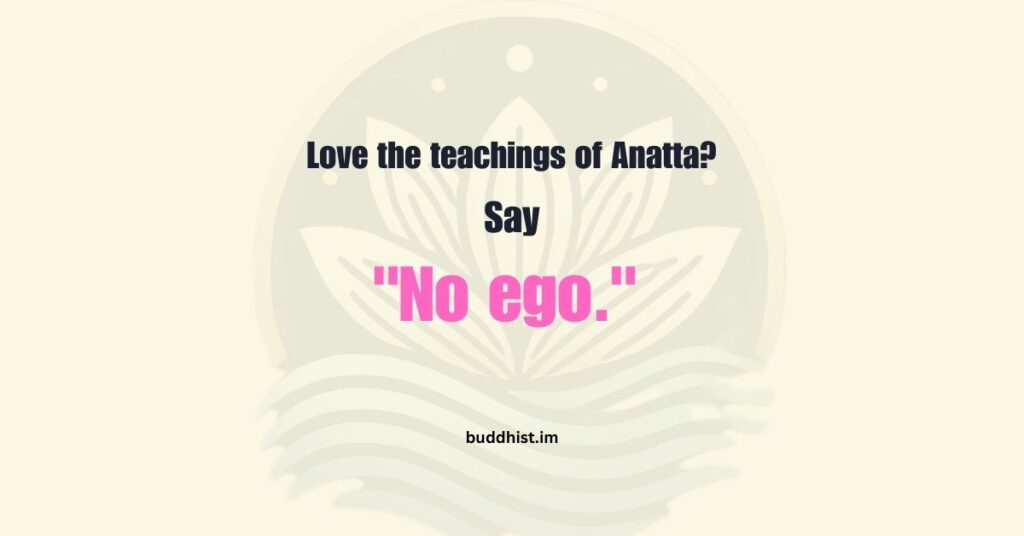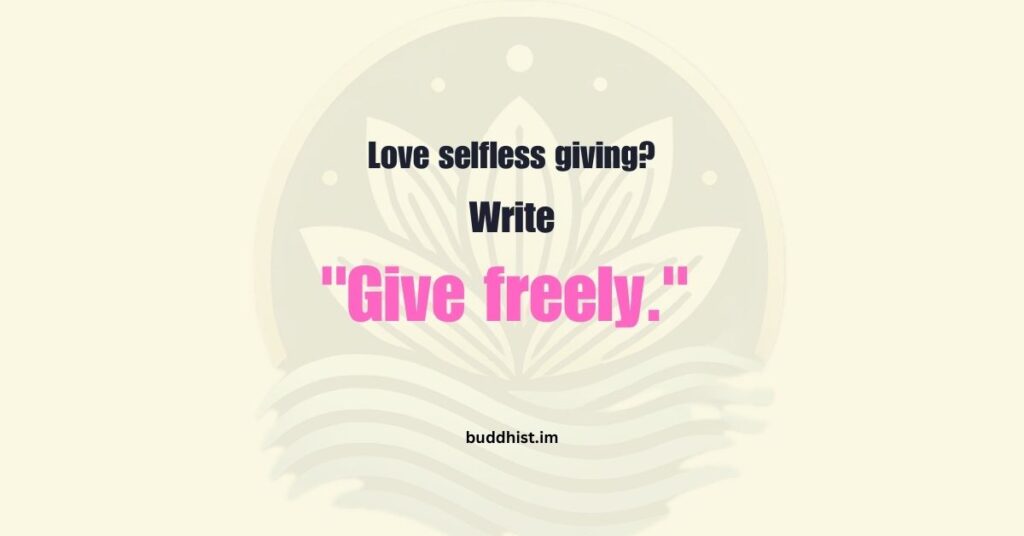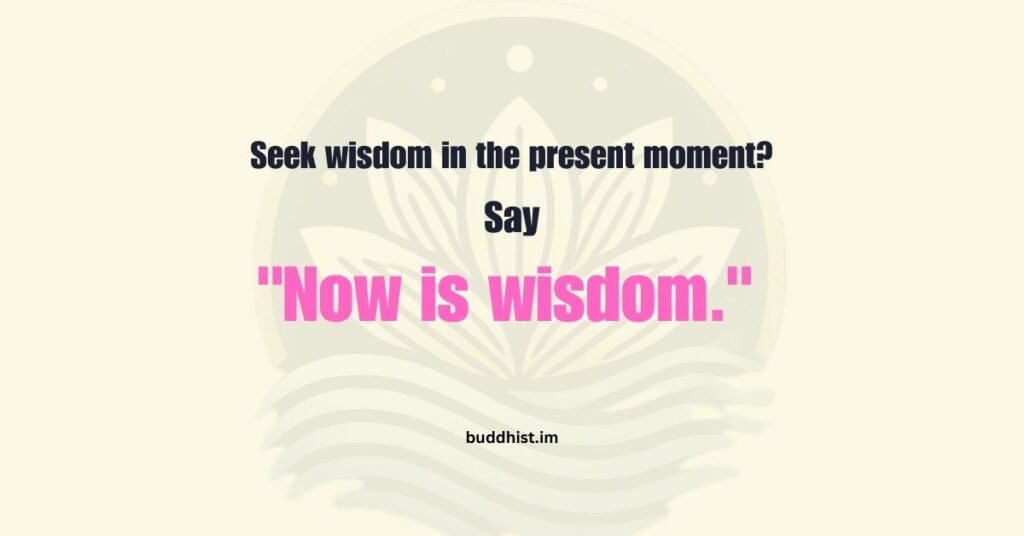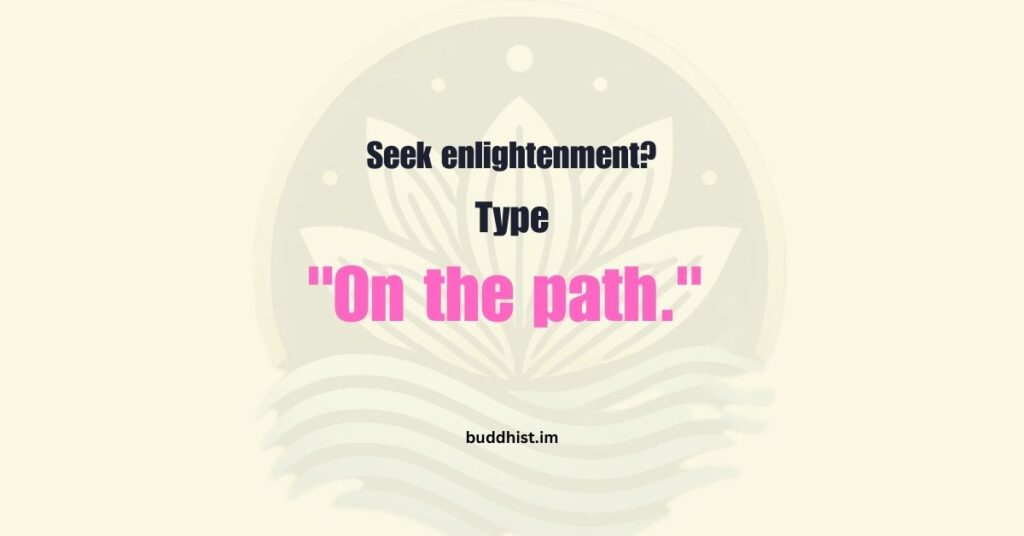Picture this: you and your partner are enjoying a quiet evening, maybe watching your favorite show or sharing a bowl of popcorn. Everything feels blissful until one of you makes an offhand comment that sparks an unexpected argument. The evening spirals from cozy to chaotic in minutes. Sound familiar? Don’t worry; you’re not alone. The good news? Self-awareness could be the game-changer your relationship needs to avoid these emotional landmines.
Self-awareness is like having an emotional GPS, it helps you navigate through tricky moments without ending up in the ditch of misunderstanding. As Buddhists (or Buddhist-inspired lovebirds), we’re already big on mindfulness and inner peace. Why not extend that same serenity to our relationships? Let’s dive into how self-awareness can save the day and keep your relationship thriving.
Step 1: Recognize Your Triggers
First things first: know thyself. We all have emotional triggers, those little things that make us feel upset, defensive, or misunderstood. Maybe it’s your partner’s habit of leaving their socks in the living room, or maybe it’s a comment about your cooking. Whatever it is, the key is to recognize these triggers before they blow up into something bigger.
Here’s a pro tip straight from the Buddha’s playbook: practice mindfulness. Next time you feel your frustration bubbling up, take a deep breath and observe what’s happening. Ask yourself, “Why is this bothering me so much?” Often, the answer lies in our own insecurities or past experiences. By understanding the root cause, you can respond with calmness instead of overreacting.
Step 2: Communicate With Compassion
Ever notice how some arguments feel like a boxing match? You’re both just throwing verbal punches, trying to “win” the fight. But in relationships, winning an argument often means both partners lose. Instead, try a more mindful approach: communicate with compassion.
For example, instead of saying, “You never listen to me!” try, “I feel unheard when we’re discussing something important.” See the difference? One statement accuses, while the other invites understanding. By expressing your feelings without blaming, you’re creating a safe space for your partner to listen and respond.
Step 3: Practice Self-Reflection
Self-reflection is like your personal emotional tune-up. It’s a chance to check in with yourself and evaluate how your actions are affecting your relationship. Ask yourself questions like:
- “Did I handle that situation well?”
- “Could I have been more patient or understanding?”
- “Am I holding onto any unnecessary resentment?”
Buddhism teaches us the importance of letting go, and this applies to relationships too. Holding onto grudges or harboring unspoken frustrations only creates distance. Reflect, release, and move forward with love.
Step 4: Embrace Impermanence
One of Buddhism’s core teachings is impermanence, the idea that everything is constantly changing. This can be a tough pill to swallow when it comes to relationships, but it’s also incredibly liberating. Accepting that both you and your partner will change over time allows you to approach your relationship with flexibility and an open heart.
Instead of clinging to how things “used to be,” focus on growing together. Celebrate each other’s individual journeys and find joy in the new experiences you create as a couple. Remember, love isn’t about perfection; it’s about connection.
Step 5: Laugh It Off
Let’s be real: no relationship is without its quirks and hiccups. Maybe your partner’s snoring sounds like a freight train, or they have an inexplicable obsession with collecting ceramic frogs. Whatever it is, learn to laugh about it! Humor is a powerful tool for diffusing tension and keeping things in perspective.
Buddhism encourages us to cultivate joy, and what better way to do that than by sharing a good laugh with your partner? When you approach life with lightness and humor, even the most frustrating moments can become opportunities for connection.
Step 6: Be Present
In today’s fast-paced world, it’s easy to get caught up in distractions. But one of the greatest gifts you can give your partner is your full presence. Put down your phone, close your laptop, and truly be with them. Listen when they talk, notice their body language, and savor the little moments together.
Being present isn’t just about physical proximity; it’s about emotional availability. When you’re fully present, your partner feels valued and loved, which strengthens your bond.
Wrapping It Up
Self-awareness might not sound as romantic as candlelit dinners or surprise getaways, but it’s the secret sauce that keeps relationships strong and resilient. By understanding yourself, communicating with compassion, and embracing impermanence, you can navigate the ups and downs of love with grace and humor.
So, the next time you’re tempted to let a small disagreement escalate, take a step back. Breathe. Reflect. And remember: love isn’t about never having conflicts; it’s about handling them with kindness and awareness. Here’s to a happy, harmonious, and hilariously imperfect love life, the Buddhist way!
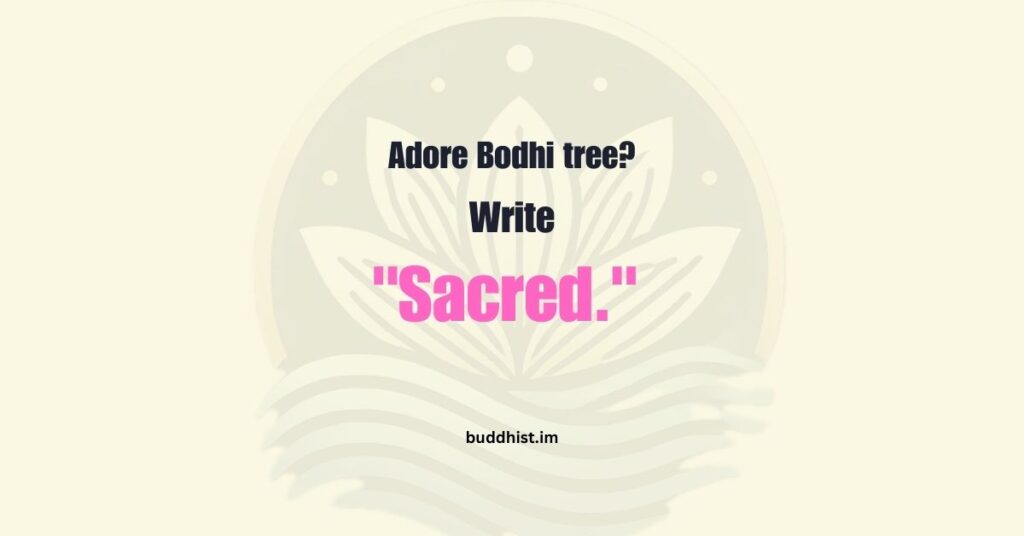
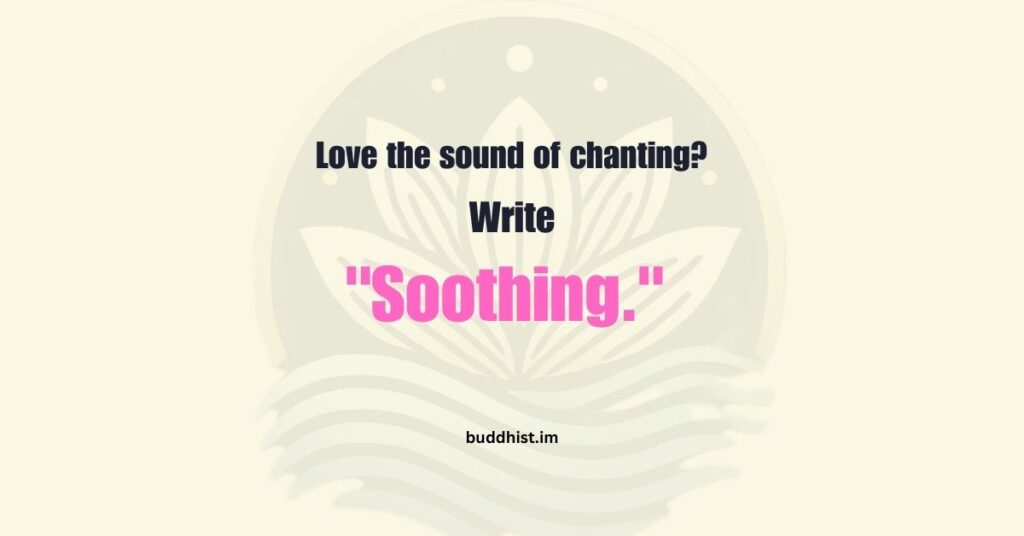
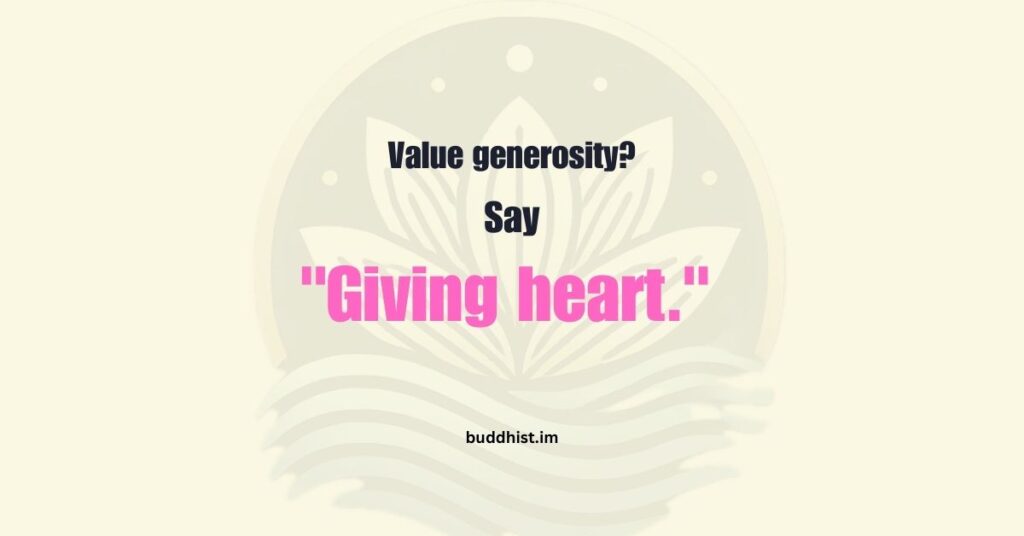
![Stop Losing Yourself in Marriage, [Here’s the Fix]](https://buddhist.im/wp-content/uploads/2025/01/Stop-Losing-Yourself-in-Marriage—Heres-the-Fix-1024x536.jpg)
![Stop Over-Explaining [Here’s What to Do Instead]](https://buddhist.im/wp-content/uploads/2025/01/Stop-Over-Explaining-Heres-What-to-Do-Instead-1024x536.jpg)

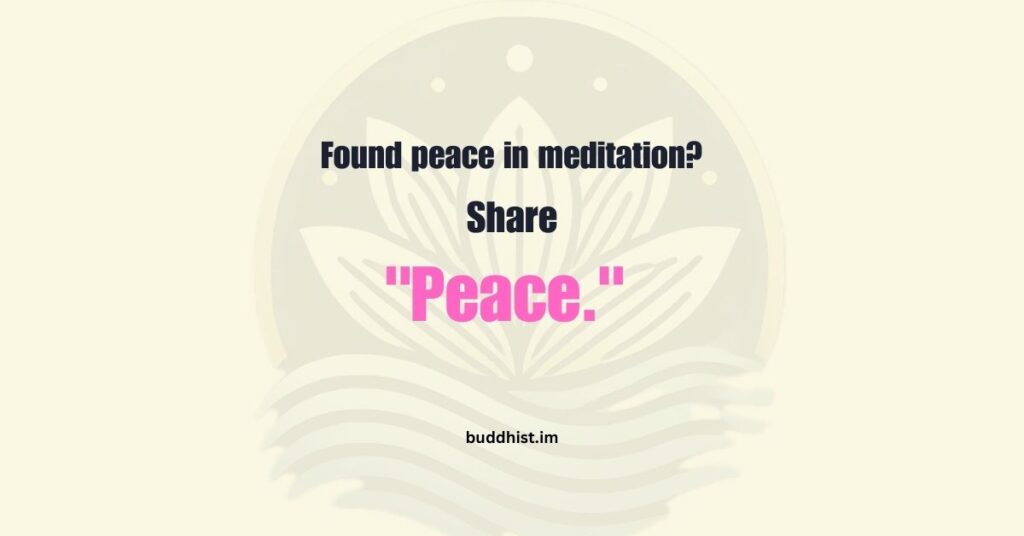
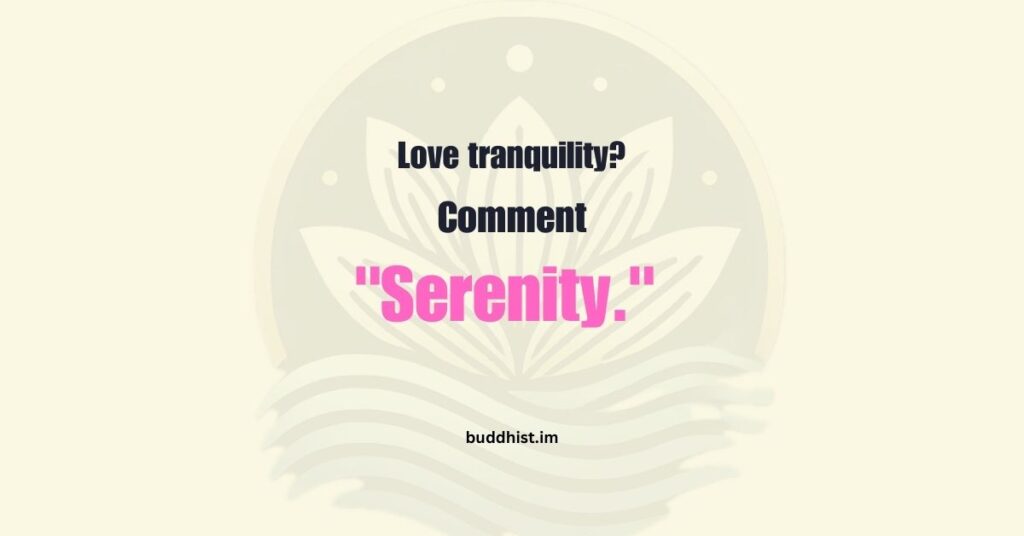


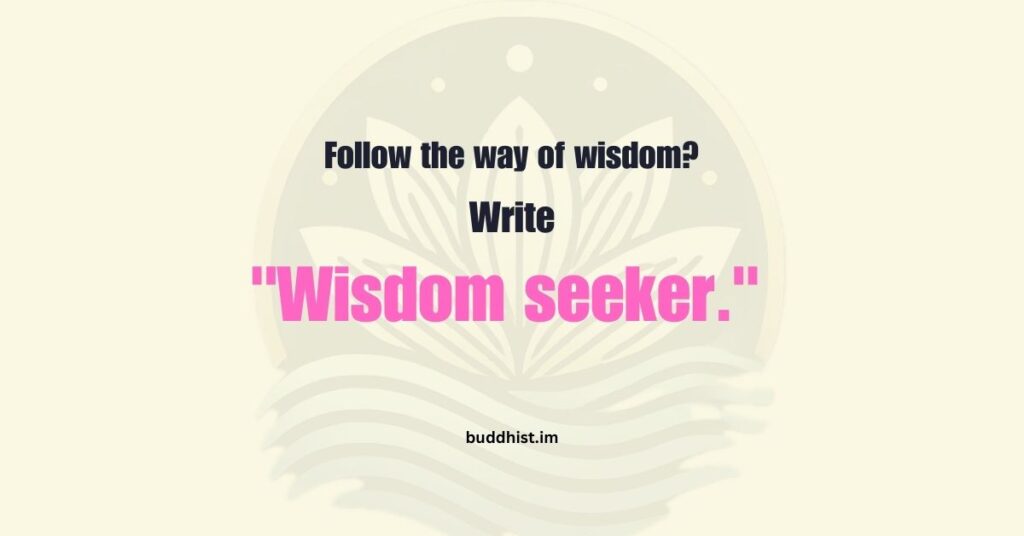
![[Trust Thrives on THIS] And It’s Easier Than You Think!](https://buddhist.im/wp-content/uploads/2025/01/Trust-Thrives-on-THIS—And-Its-Easier-Than-You-Think-1024x536.jpg)
